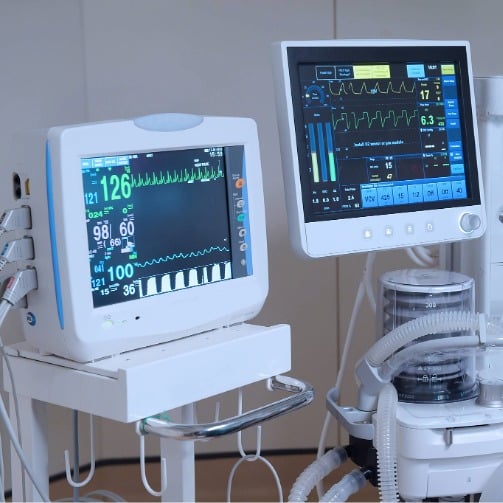Schools
How Today’s Top Food Trends Are Shaping K–12 Student Dining

Find the food and facilities solutions that work best for yours.
There’s more than meets the eye when it comes to great food in the workplace — it fuels connection, productivity and satisfaction. From energizing breakfasts to social lunches and quick, on-the-go snacks, this study reveals key opportunities to level-up your workplace dining experiences and keep your people happy and productive.

How Today’s Top Food Trends Are Shaping K–12 Student Dining

Unlock What Employees Need Most in Workplace Food Services

Turning Up the Heat: Binghamton’s Culinary Battle Showcases Student-Centered Dining

Turning Campus Summers into Opportunities for Revenue

Cultural Cuisine That Supports Belonging at UNC

Behind Every Great Café: How Culinary Direction Shapes The Good Eating Company Experience

Why Medical Device Cybersecurity and RTLS Are Essential to the Future of Healthcare Operations

Delighting Senior Living Residents with Dining Events that Inspire

Breaktime, Simplified
